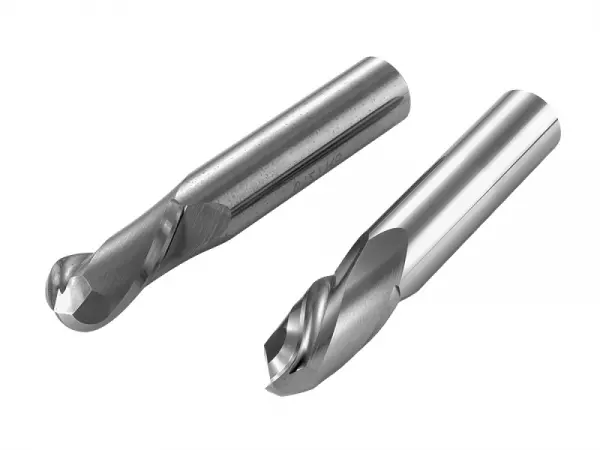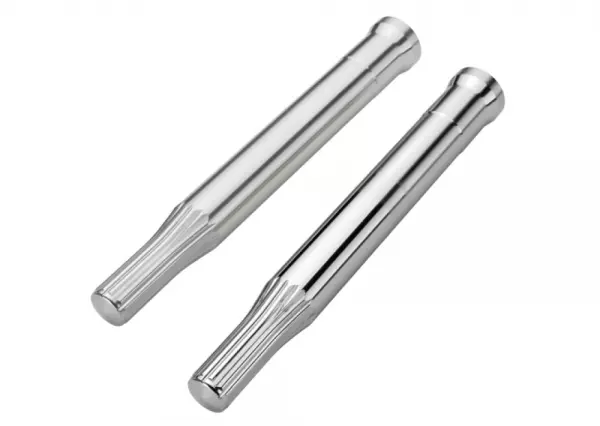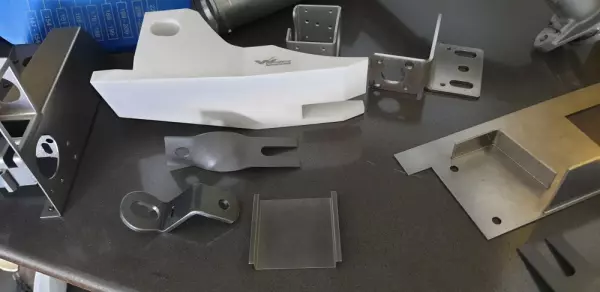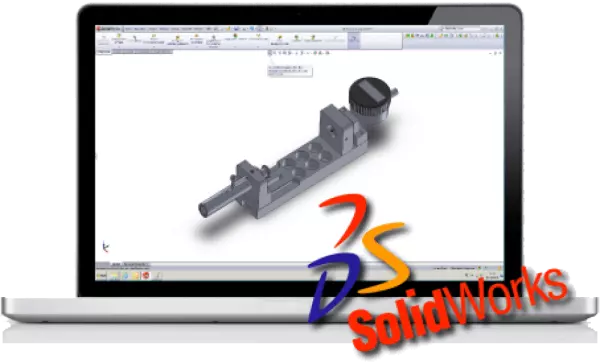
Rounding of workpieces and Rounding of cutting...
With edge rounding, we distinguish between the following: Rounding of cutting edges The object...
Portal and digital medical technology fair of the largest MedTech cluster in Germany

Rounding of workpieces and Rounding of cutting...
With edge rounding, we distinguish between the following: Rounding of cutting edges The object...

OTEC can generate extremely flat surfaces through mass finishing, surfaces which are perfect for bea...

Metal technology / metal products for medical...
PRECISE and flexible technology solutions in metal technology and sheet metal processing We manuf...

Your precise partner for metal and plastic...
WEIHBRECHT Lasertechnik GmbH was founded in 1986 with the Swabian inventor's claim “If it...

Contract manufacturing of precise turned...
Contract manufacturing of precise turned and milled parts for medical technology perame...

The department of metal technology is located in the Engineering School. Students can attend classes and research their chosen field of study through the various courses offered by the university. In addition to the courses taught in this department, other courses are also offered. The department's office hours are 7:00am to 3:00pm. You can find out more about the department's activities by consulting the student guide and University notice boards. The staff is knowledgeable about the material science and engineering, including light metals, aluminum, and copper, and the processes used to process those materials. The students are taught about milling and turning techniques, joining techniques, and hard and soft soldering.
As more manufacturers look to use metal in their medical devices, companies are looking for specialized equipment for this purpose. The need for more complex, high-precision devices is growing and there is a need for metal technologies that can handle these products. The companies that specialize in this technology have established a strong reputation in the medical device industry and have successfully developed new products. Moreover, these companies also invest in R&D. This will ensure that they are able to respond to changing medical needs as quickly as possible.
Photo etching is another process that enables the manufacture of high-precision parts for medical applications. This technology allows the production of medical devices in high volumes while also meeting high-precision requirements. It is the only metal technology that can produce these types of parts on a mass scale, according to the medical industry. The metal etching process has improved the precision of such devices and is the only one that is capable of mass production to the highest medical standards.
A medical device manufacturer must carefully evaluate the materials used in the manufacturing process. The materials to be used in the production of medical devices must be biocompatible and durable. This requires the manufacture of precision metal devices. As a result, many OEMs are turning to specialist precision engineering companies to convert their design intent into commercially viable products. This approach allows OEMs to match their demands in the industry and meet consumer demands. In this way, the company's overall operations will evolve to meet these demands.
Medical device manufacturers are finding new ways to work with metals. A medical device manufacturer can select from different grades of titanium, stainless steel, cobalt-chromium alloys, and tantalum. Choosing the right material depends on the component's durability and biocompatibility. Often, the metals used are made of high-quality and cost-effective materials. In this way, they can provide high-quality medical devices at an affordable price.
There are several types of metals used for prosthetics. Gold is a popular choice, while tantalum is an alloy of gold and silver. Surgical implants made from a stainless steel guidewire are often fabricated with this material. Its biocompatibility is a major benefit. In the future, these implants may be used in the biomedical industry. However, this method is not widely available yet. There are other benefits of a titanium implant.
Become a digital exhibitor yourself in the online portal of the largest and best-known MedTech cluster region in Germany and inform the world of medical technology about your products and services as well as about news, events and career opportunities.
With an attractive online profile, we will help you to present yourself professionally on our portal as well as on Google and on social media.